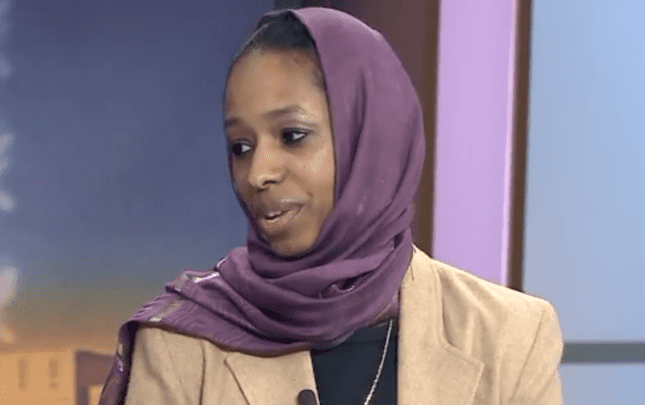
Yesterday, Yale theologian (and one of my theological leading lights) Miroslav Volf responded to the recent suspension of Professor Larycia Hawkins by Wheaton College. Hawkins wore a hijab to stand in solidarity with innocent Muslims who are increasingly targeted by harsh rhetoric and even violence because of jihadist terrorism.
But that’s not why Hawkins was suspended.
She was suspended for saying that she, an evangelical Christian, and Muslims “worship the same God.”
Volf has, of course, written the book on the subject and responded thus:
For centuries, a great many Orthodox Jews have strenuously objected to those same Christian convictions: Christians are idolaters because they worship a human being, Jesus Christ, and Christians are polytheists because they worship “Father, Son and the Spirit” rather than the one true God of Israel… [Yet, i]nstead of rejecting the God of the Jews, Christians affirmed that they worship the same God as the Jews, but noted that the two religious groups understand God in in partly different ways…
When Hawkins justified her solidarity with Muslims by noting that as a Christian she worships the same God as Muslims, she committed the unpardonable sin of removing the enemy from the category of “alien” and “purely evil” other. She also drew attention to the simple fact that most Muslims aren’t enemies.
Volf’s argument is precisely that saying Jews, Muslims, and Christians alike are worshiping the God of Abraham – the same God – does nothing to diminish the profound differences between the faiths. And yet, it does much to establish the kind of common ground that makes for peace.
Where have I heard that before?
As he came near and saw the city, he wept over it, saying, “If you, even you, had only recognized on this day the things that make for peace! But now they are hidden from your eyes. Indeed, the days will come upon you when your enemies will set up ramparts around you and surround you, and hem you in on every side. They will crush you to the ground, you and your children with you, and they will not leave within you one stone upon another; because you did not recognize the time of your visitation from God” (Luke 19:41-44).
Perhaps like no other moment in Jesus’s life and teaching, this one solidifies that a key component of his message and mission was to convince his Israelite brothers and sisters to pursue the way of peaceful counterculture with Rome instead of the way of violent retaliation. Further, it bears noting that the Jewish Jesus-followers were regarded by the religious ruling class in Judea as blasphemers, idolaters – and the religious powers would conspire with the empire to kill Jesus and would persecute his followers in time, all unjustly and violently. Conversely, Acts records the story of these first Jesus-followers accepting what would have previously been deemed religiously unclean – God-fearing Gentiles, drawn to Jesus by the Spirit.
All of this to say, while I don’t pretend to know the behind the scenes issues involved in the suspension of Prof. Hawkins, I do know that her words and actions were in keeping with the biblically precedented “things that make for peace,” even amidst real and even stark differences. But seeing this biblical precedent requires that we remain strongly Jesus-centered. Jesus is the one who has uniquely shown us this path to peace.
In Volf’s words:
Take the redemption of the ungodly and the love of enemy out of the Christian faith, and you un-Christian it.
And the Spirit is the one who makes use of it to draw even more to the Center, who is Jesus – which should be our very evangelical passion.
Suspicion, slander, and violence towards Muslims will always, only undermine the work of the gospel and the expansion of the kingdom.
—















